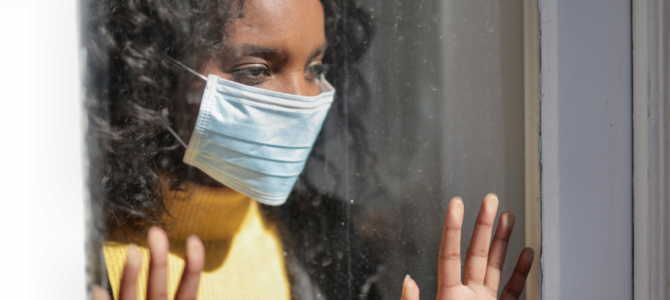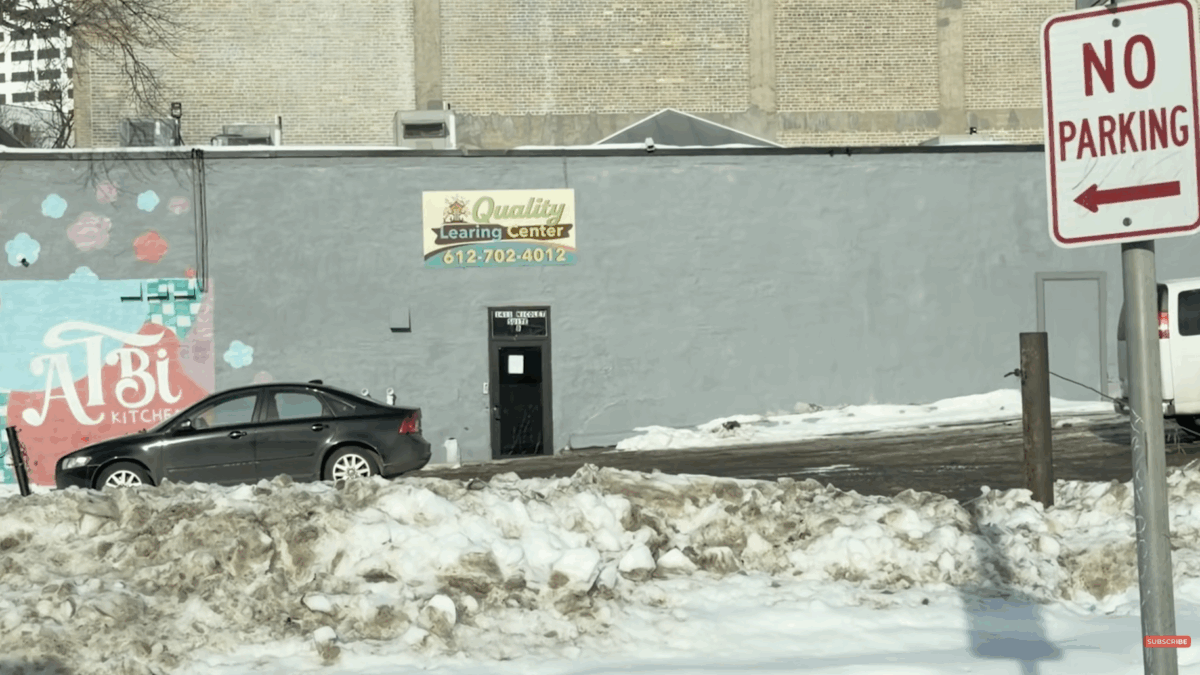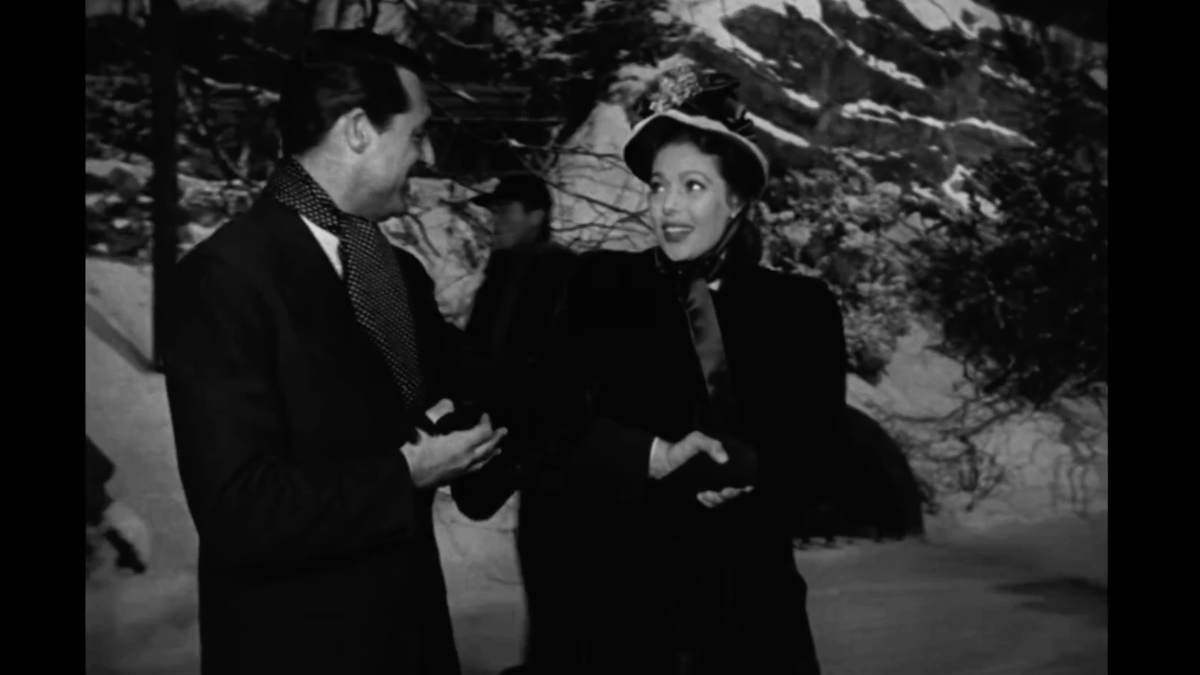
Lord, grant me patience — and I want it now! This aphorism, a play on St. Augustine’s famous request, “Lord, grant me chastity and continence — but just not yet,” epitomizes the public’s attitude during the coronavirus pandemic. Whether living in areas that have begun to reopen schools and businesses or in areas still on lockdown, people are longing for a return to normalcy.
A full return to the status quo ante seems distant, contingent either on a vaccine yet to be developed or a sufficiently widespread pandemic as to give the population herd immunity. Each of us misses elements of our lives — attending sporting events, shopping at the mall, traveling overseas, getting a manicure or haircut.
Few would consider a global pandemic reason to celebrate. In fact, many people are suffering, such as those out of work or others who were near retirement and now thrust back into a grueling role. But the pandemic does provide all of us an opportunity to rethink our life philosophies, and reorder our priorities. The Wuhan virus affected our society in many ways — some of which we may only grasp in retrospect — not least by forcing us to live simpler lives. We can fight it, but we cannot change it for the immediate future, so we might as well embrace it.
Delayed Gratification
By forcing us to abandon our regular routines and habits, if not our livelihoods, the pandemic has led us to postpone many of the activities from which we derive joy and pleasure. Our society often operates under the premise of instant gratification, a concept that has gone out the window given the uncertainty surrounding the virus.
Case in point: Coronavirus has ground travel to a virtual halt, with countries including the United States closing their borders. Warren Buffett believes the coronavirus will so limit the airline industry for years to come that he sold all of Berkshire Hathaway’s shares in airline stocks.
On the other hand, the lockdowns associated with the virus provide Americans plenty of time to contemplate and plan post-pandemic travel. Families maintaining a stable income may find the lockdowns give them a greater opportunity to save up for a future vacation, although the more than 36 million Americans who have lost their jobs likely have more pressing financial needs to attend to. It bears noting that one person’s delayed gratification is another’s layoff and financial ruin. Consider the waiters, bartenders, and flight attendants.
In either event, the eventual ebbing of coronavirus, whether a few months or a few years from now, will likely lead to a travel and tourism boom. Particularly after months of being stuck in their own houses, people around the world will follow Mark Twain’s famous advice and “light out for the territory.” After enduring our present sense of deprivation, no doubt we will enjoy and appreciate our post-pandemic pleasures — from travel, to dining out, to gathering at concerts and sporting events — far more than we ever did.
Are Our Wants Really Necessary?
Delaying gratification will not only give us a greater sense of appreciation for life’s simple pleasures, it may also allow us to discern more fully what things will and will not improve our lives.
During my college years, I frequently pondered the car I would purchase after graduation when I got my first job. I bought new car guides, compared friends’ rides, and considered the features I wanted in my vehicle.
Nearly two decades later, I have yet to purchase that first car. A tight budget in my first job meant I relied on a hand-me-down from my mother, and I eventually realized I didn’t need the expense or hassle of a new vehicle. Delaying my purchase and contemplating my options made me discover I didn’t really want something I thought I did.
Enjoy the Moment
Of course, people do want to get on with their lives and habits in the ways they did prior to the pandemic. But particularly because we do not know how long the new status quo will last, an obvious danger lies in focusing too heavily on the future rather than living in today. For instance, the child who spends all her time focused on growing up — pining for the privileges that come with age, from a later bedtime to a driver’s license — misses out on the joy of being a kid.
Coronavirus life has its drawbacks, for some drastically more than others. But even through hardship or deprivation, we can seek joy from the simple pleasures in life. Those pleasures can range from more time with children (sometimes a mixed blessing, to be sure) to more time pursuing hobbies (gardening, anyone?) to just sitting with a nice beverage and enjoying a gorgeous spring day.
For now, our old life has passed away. We know not what the future may bring, or when it may bring it. But today remains a gift — that’s why it’s called the present. We can’t change it, but we can and should embrace it.









